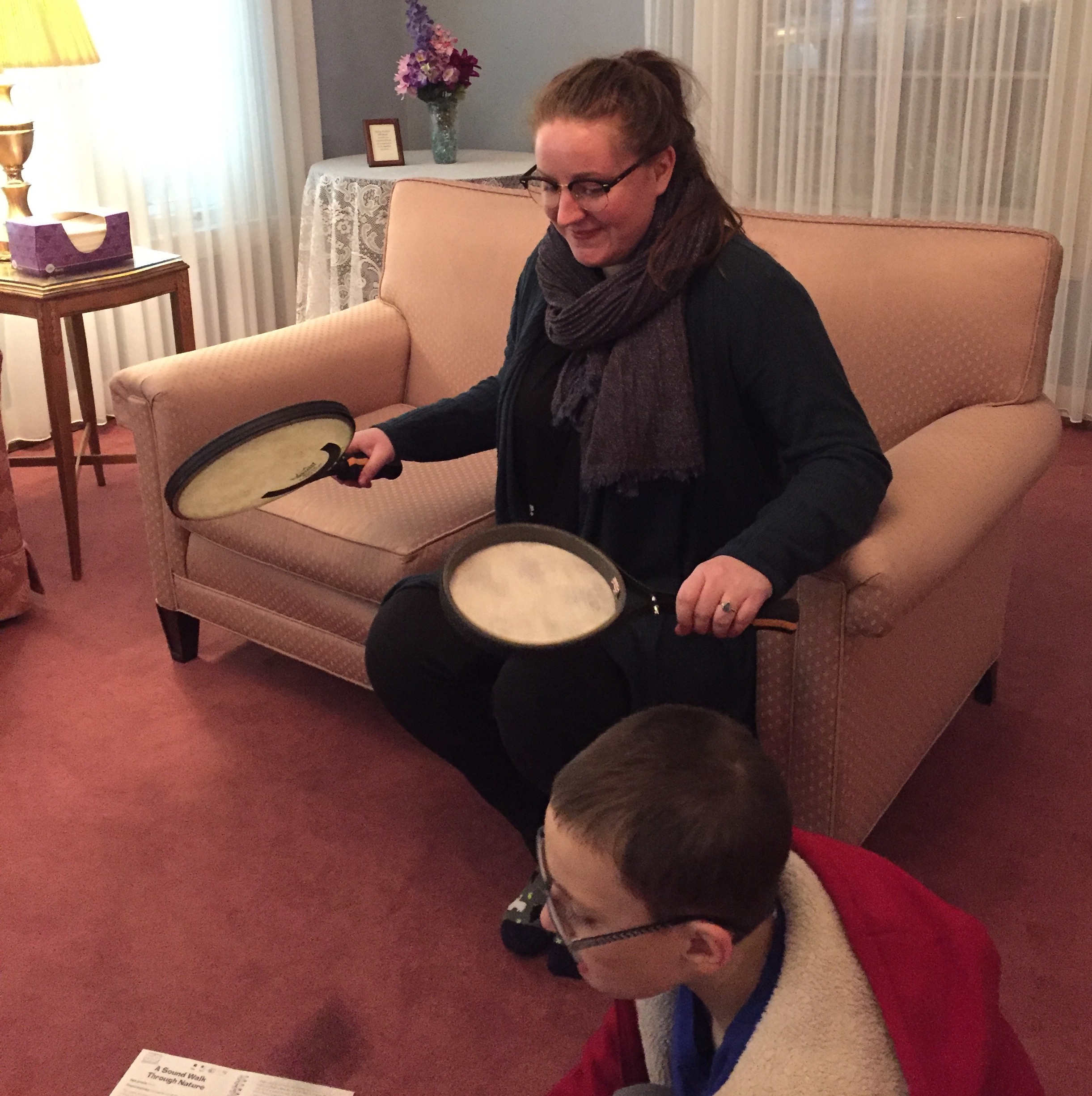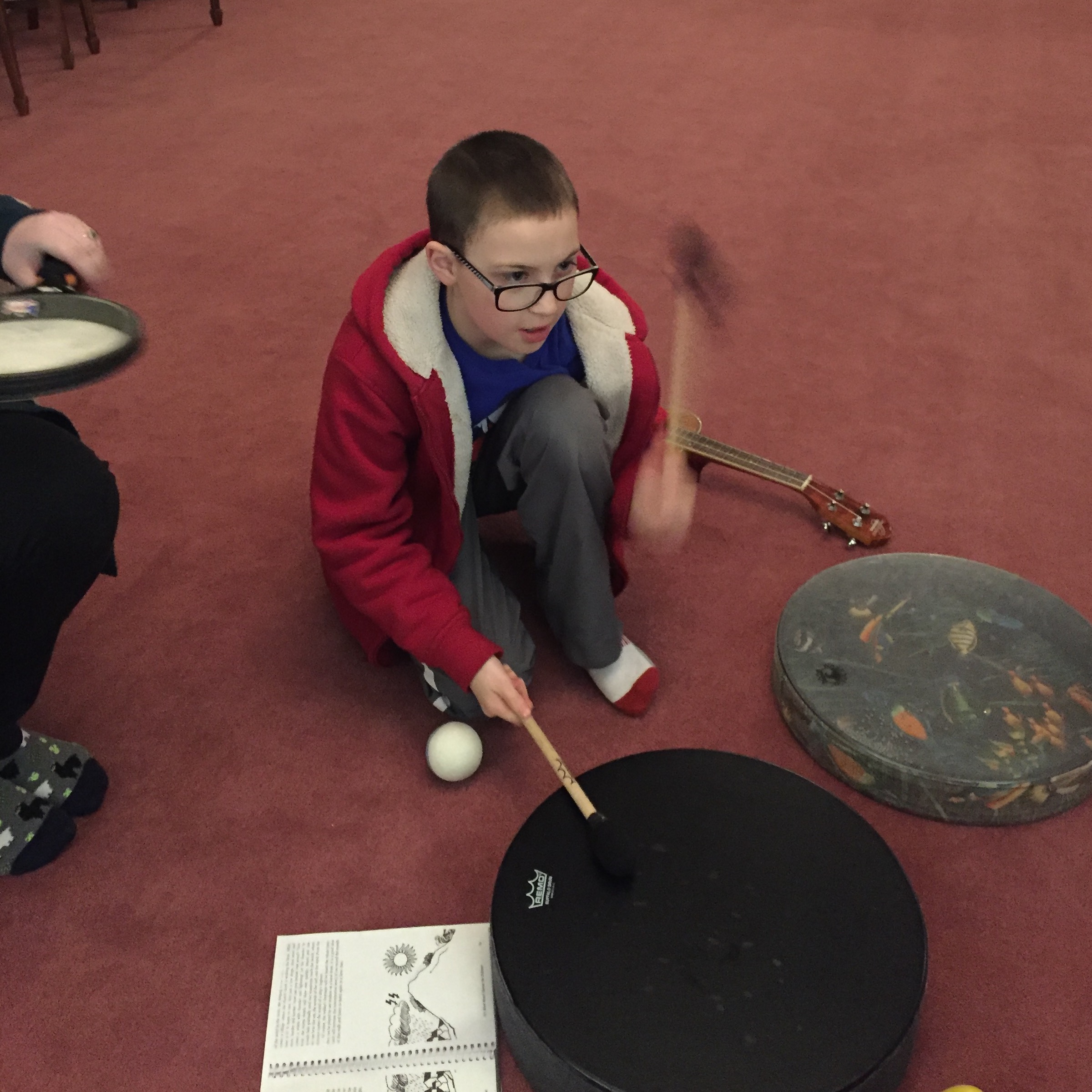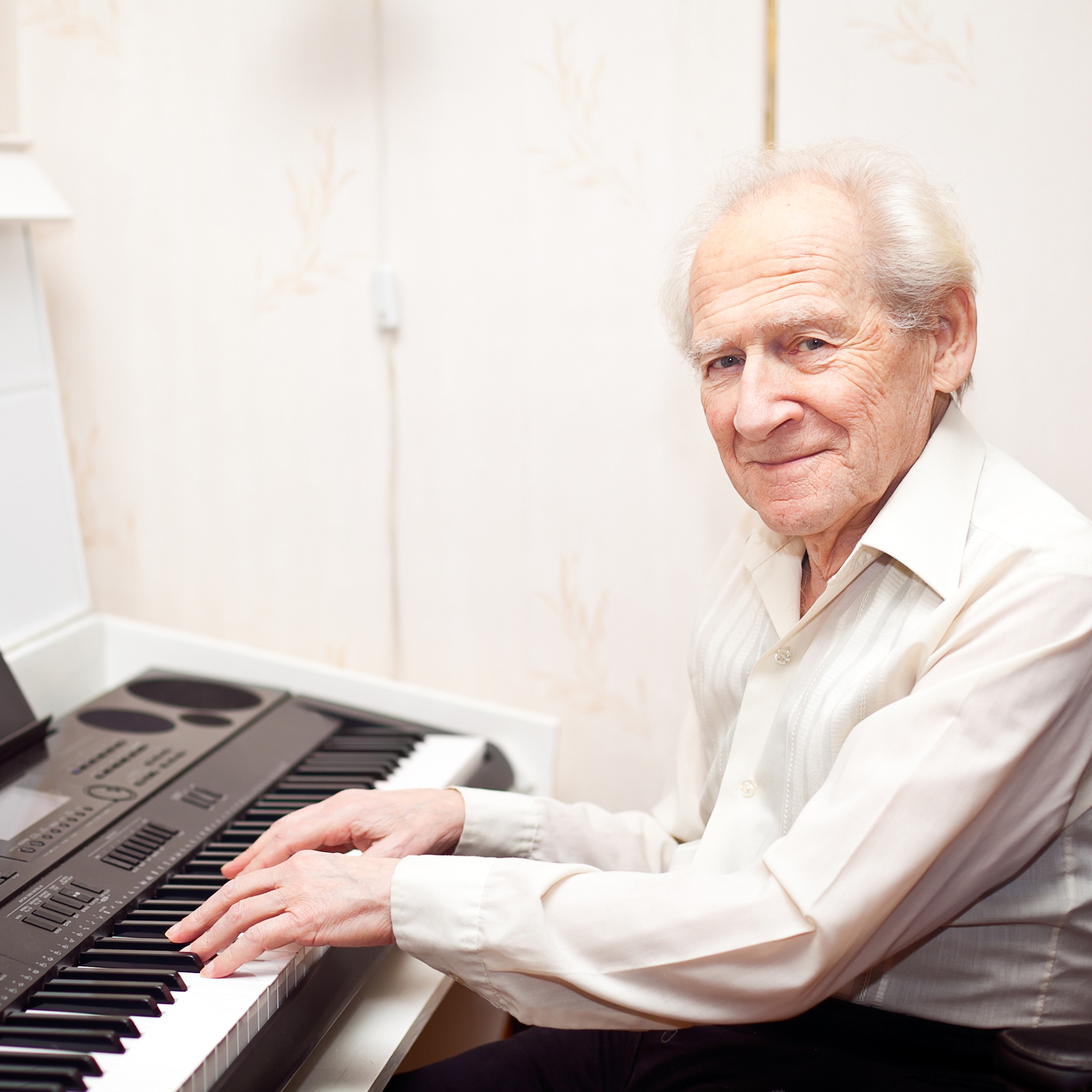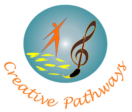Creative Pathways Indy offers services for youth, adults, and seniors. Our process is simple, but thorough to ensure your needs are met:
- Individual therapy sessions begin with an assessment of need
- Goals and objectives are identified
- Identified goals and objectives met by using music listening and music production
Music Therapy is successful in both individual and group settings and a few examples of benefits are listed below:
- Therapeutic Instrumental Music Performance can be used to help improve range of motion, following directions, improved cognitive function, improve finger dexterity, among other potential benefits.
- Therapeutic Singing can help release stored muscle tension and decrease levels of cortisol, a stress hormone, in your blood stream. Singing improves mental alertness: Improved blood circulation and an oxygenated blood stream allow more oxygen to reach the brain. Singing can improve vocal strength and maintain/improve respiratory function.
- Group drumming can be successful at building community cohesion and relationship, as well as improving overall sense of well being in participants.


Youth Services
Creative Pathways offers a wide range of services to youth in the area that address developmental needs, school and education goals, and bereavement needs through community, group, and individual therapies. Current programs being offered include Sibshops, Individual music therapy services, and Sister Strings. Sibshops are unique groups that celebrate and acknowledge siblings of children with special needs. These children are given the opportunity in peer groups to reflect on and share the challenges and joys of being the sister or brother of a child with special needs. Also offered are individual music therapy services. This is one-on-one time a child receives with a board-certified music therapist addressing goals through music interventions. And finally, Sister Strings is a guitar lesson studio for young girls ages 7-18 who are at risk or who are coping with a learning disability. Lessons are taught by a board-certified music therapist who addresses coping skills through learning to play guitar, reading and writing music, and working in peer ensembles. Creative Pathways is dedicated to helping youth and their families find solutions and coping mechanisms for life’s struggles through creative therapy services. For more information regarding our programs or to register, please visit our events tab. Feel free to contact us through the contact tab with questions and inquiries.

Adult Services
Creative Pathways provides music therapy services at Hickory House, a residential addiction recovery program and is actively working to grow their presence in the addictions community. Music therapy is an effective means to address the biological, psychological, and social factors that are a part of recovery. Expected benefits include 1. Improved ability to recognize emotions. Music connects with both memories and emotions making it a powerful modality that addresses strategies for maintaining sobriety. 2. Promotes self-expression and self-awareness. Music making, be it songwriting or recreating can help individuals express emotions that they are becoming aware of as they experience sobriety. 3. Increases self-esteem. Music can contribute to a sense of community among those who are actively involved in music making or music listening. 4. Facilitates relaxation and stress reduction. The music therapist may help individuals understand how the elements of music come together to facilitate, motivate, or relax the listeners.

Senior Services
Music is used to increase the quality of life, increase cognitive abilities for a short period of time, and create relationships between the senior and the music therapist through music. Music in a therapeutic relationship can also reduce anxiety, lower stress and work through appropriate developmental milestones at the end of life. Music therapy with seniors can occur in a group setting such as at a day facility or in an individual setting such as at home or in a care facility. The music therapist and the senior build a relationship through the music that they share. The music that is used is the senior’s preferred music. A session may involve listening to music, singing music or playing instruments. Sometimes dancing is involved if the senior is able to stand and move. A music therapist can also help the senior or his caregivers develop a preferred music playlist to listen to at other times.

